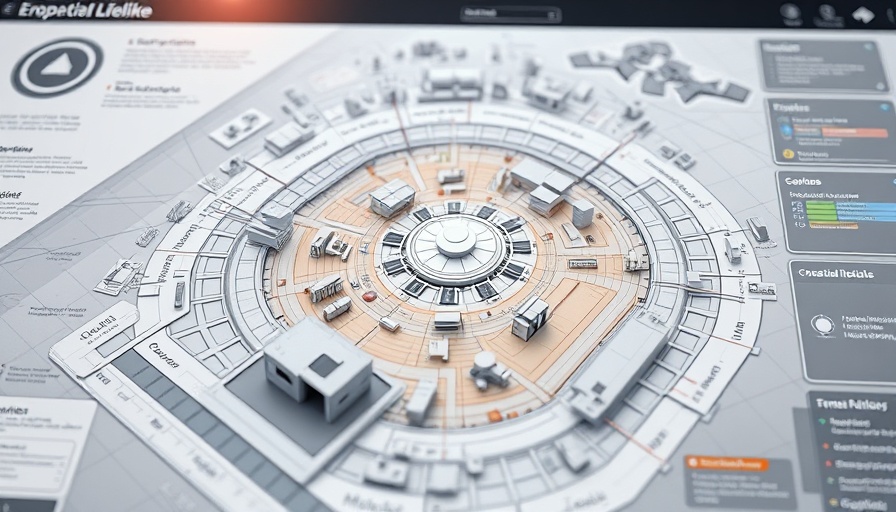
Unlocking the Link Between Curiosity and Spatial Memory in Virtual Reality
In an exciting breakthrough, researchers from Cardiff University and Royal Holloway, University of London have leveraged virtual reality to explore how curiosity influences spatial memory and cognitive map formation. This innovative study reveals that our inherent desire to explore new environments plays a significant role in shaping our mental representation of the world around us.
The Experiment: A Deep Dive into Curiosity
The core of the research involved participants exploring distinct virtual rooms designed to encourage exploration without time limits. Prior to their adventures, participants rated their curiosity levels—providing a real-time insight into the relationship between curiosity and spatial exploration. Ultimately, they completed a memory test to evaluate their spatial memory.
Dr. Matthias Gruber, the lead researcher, explained, "Cognitive maps represent our environment, and they are believed to form from our curiosity. Our research offers the first direct evidence linking curiosity and exploration in real-time". This study marks a pivotal moment in understanding how intrinsic motivation can enhance cognitive skills.
The Findings: Curiosity Enhances Exploration
The researchers found a clear correlation: participants who felt more curious about a room explored more thoroughly and visually engaged with the space at a deeper level. Interestingly, individual differences emerged, indicating that those with higher stress tolerance showed a stronger link between curiosity and exploration. This suggests that the ability to handle feelings of uncertainty amplifies the effects of curiosity on exploration.
Implications for Health and Wellness
The implications of this research stretch into the realm of health and wellness. Infusing curiosity into learning environments, whether they be academic or therapeutic, can lead to improved cognitive function. Curiosity can be a catalyst for designing programs that promote mental well-being, ultimately encouraging individuals to explore healthier lifestyles.
The Role of Curiosity in Mental Well-Being
Curiosity not only enriches our cognitive experiences but can significantly affect our overall health. Engaging in novel experiences sparks exploration and learning, which are foundational for optimal health and wellness. Programs that stimulate curiosity can improve mental resilience, paving the way for sustainable health choices. In San Antonio, for instance, health and wellness centers could integrate this understanding into their offerings, promoting workshops and events that cultivate curiosity-driven exploration.
Practical Applications: Designing Environments for Exploration
The findings suggest practical applications for creating engaging environments that encourage exploration. By enhancing settings—be it in educational institutions or community health and wellness programs—centers could foster environments conducive to curiosity, thereby enhancing cognitive development and mental health outcomes.
A Future Driven by Curiosity
The relationship between curiosity and spatial memory signals a transformative opportunity. As technology advances, virtual reality stands to play an essential role in the health and wellness industry, reshaping how we approach cognitive therapy, rehabilitation, and personal development.
This research underlines how our natural instincts to explore can contribute robustly to mental health. As we pave the way for better health through curiosity, communities should look to incorporate these insights into their health and wellness strategies.
In conclusion, let us embrace curiosity as a vital piece of our health and wellness puzzle. By doing so, we can enhance not only cognitive processes but also lead richer, more fulfilled lives.
Are you ready to explore how curiosity can transform your health journey? Visit your local health and wellness center to discover programs that encourage exploration and tackle new experiences.
 Add Row
Add Row  Add
Add 




 Add Row
Add Row  Add
Add 


Write A Comment